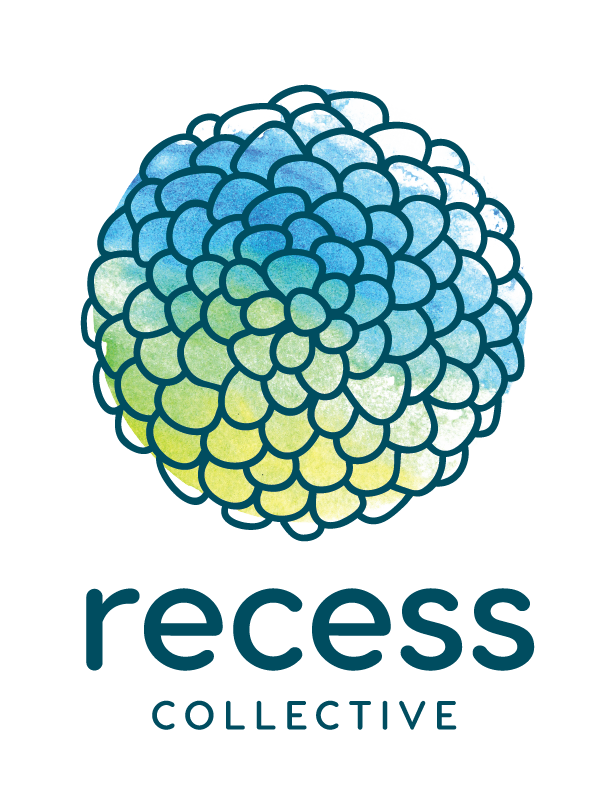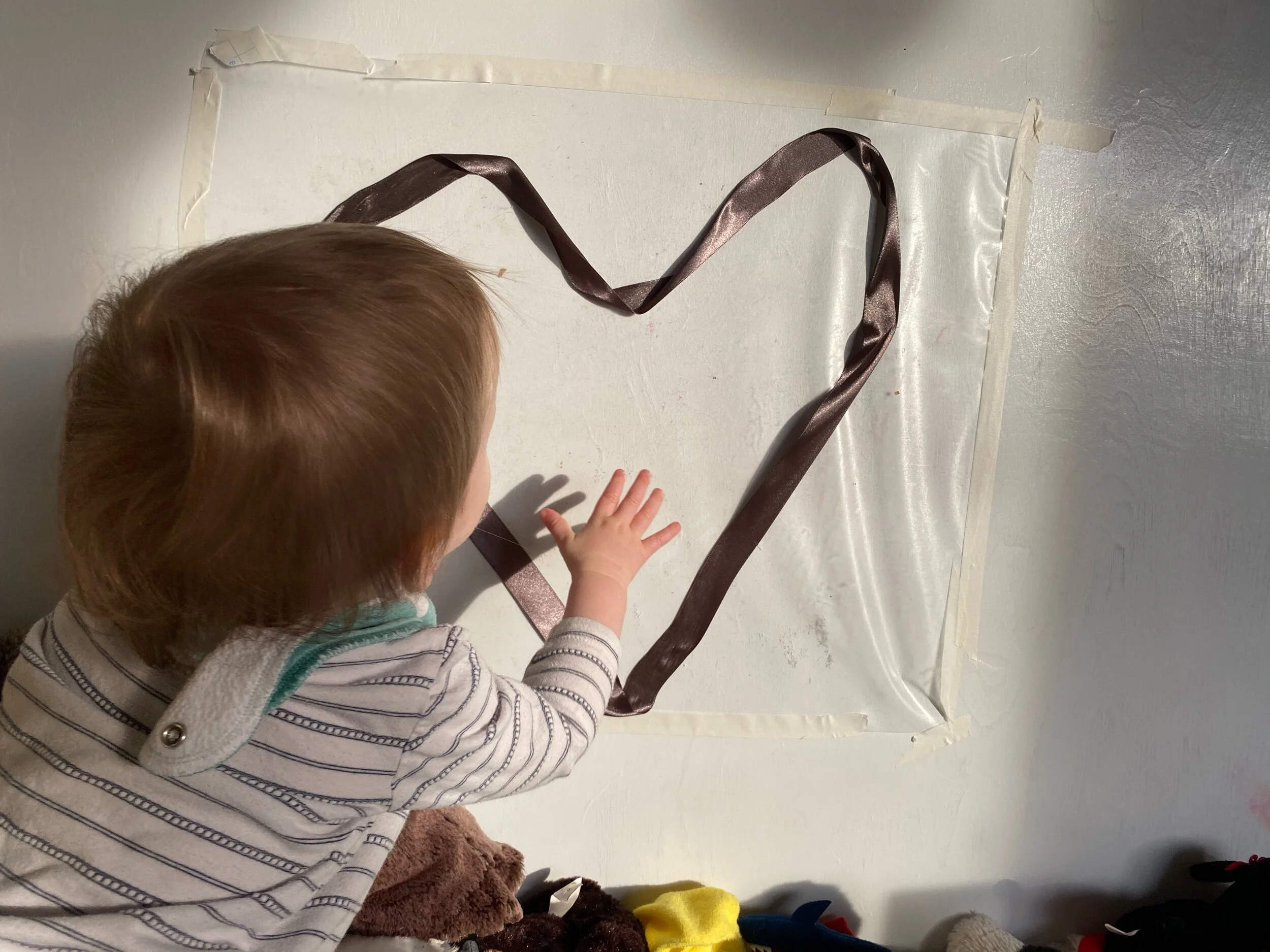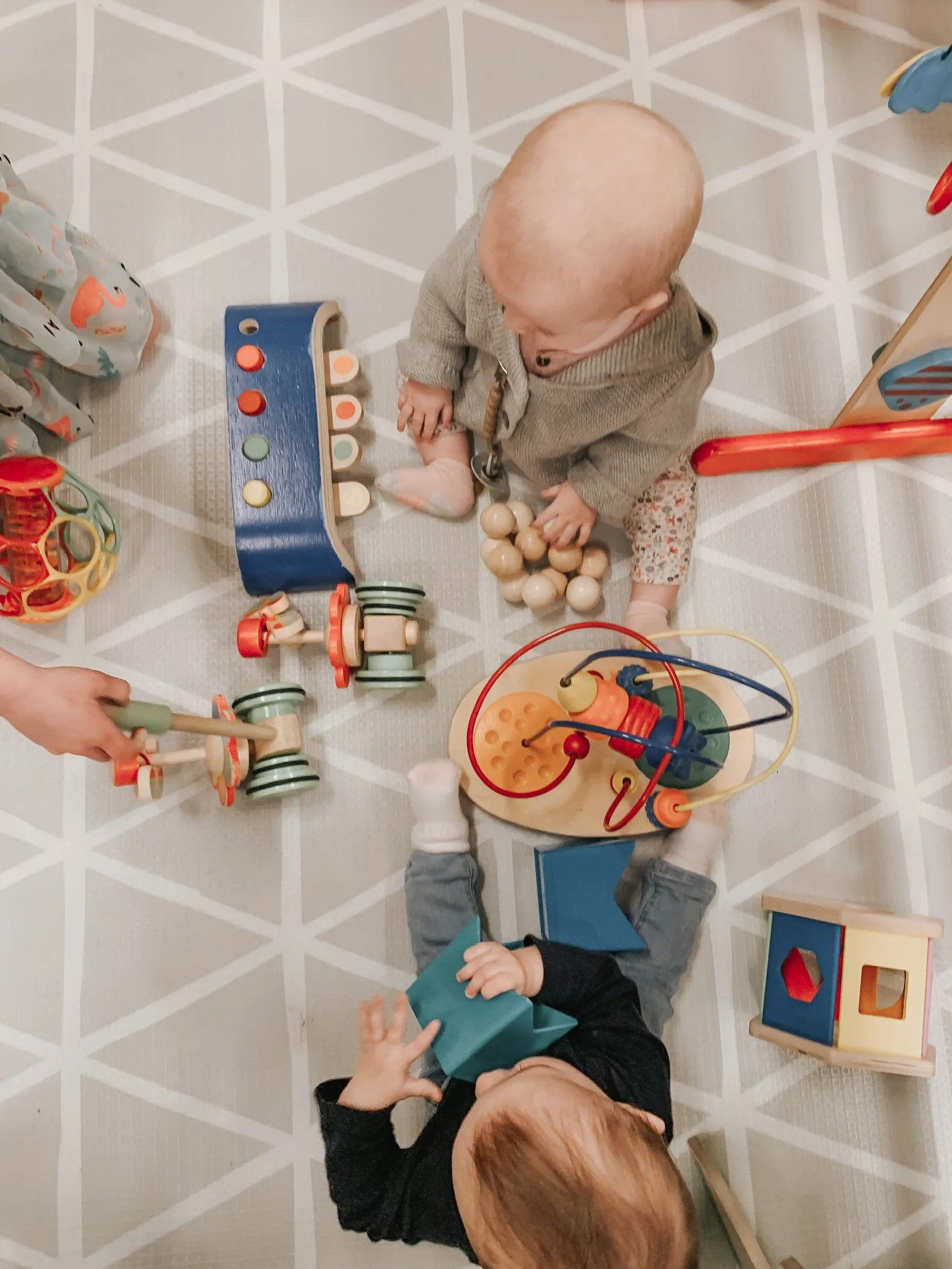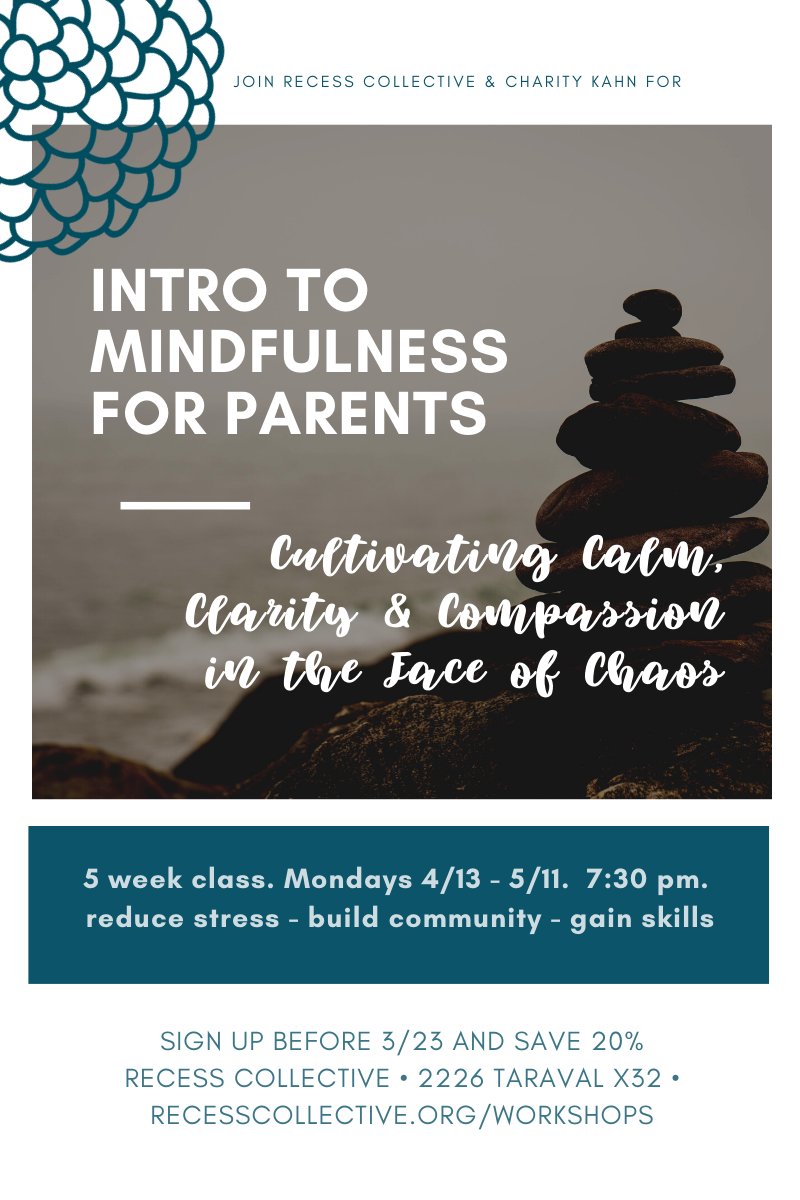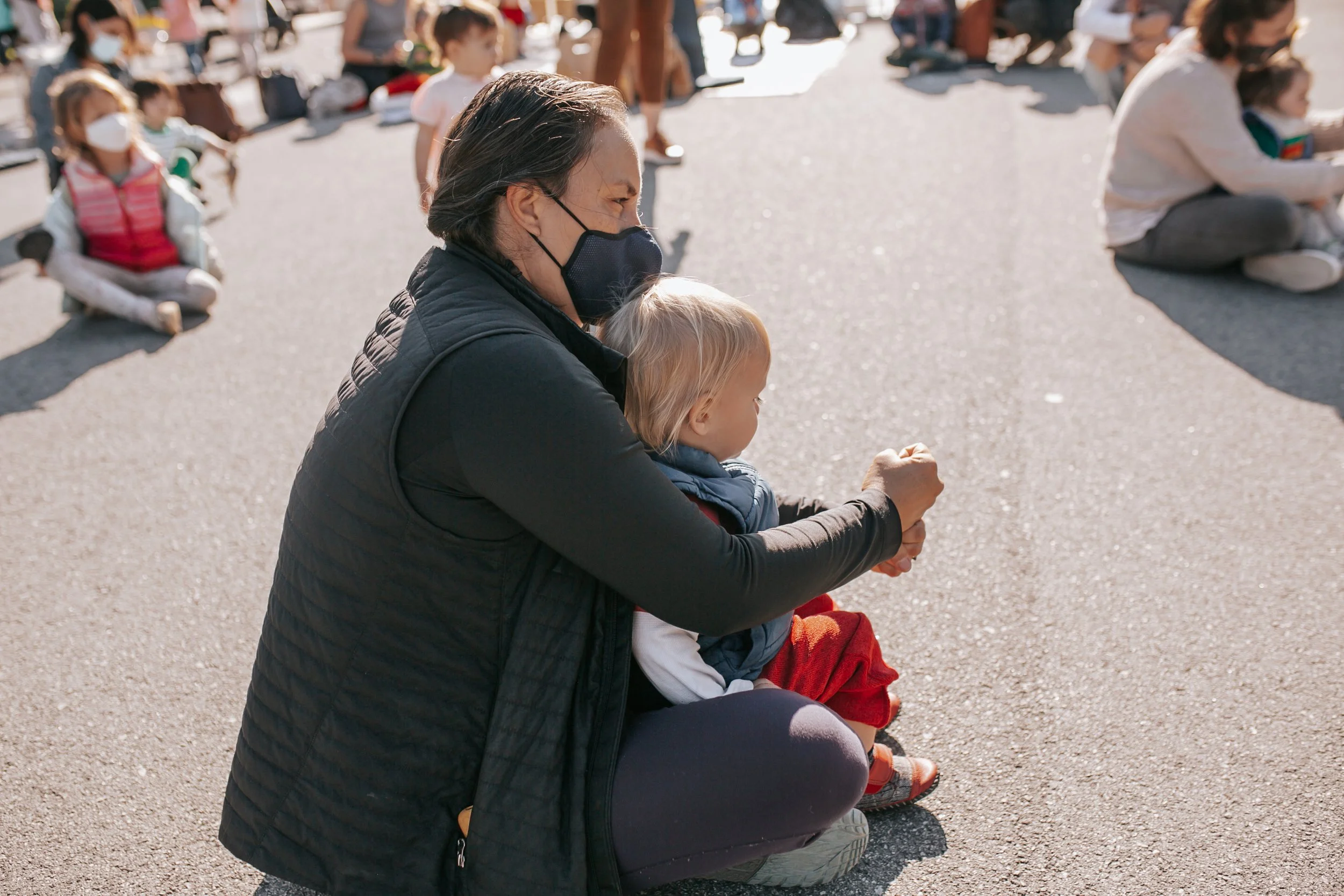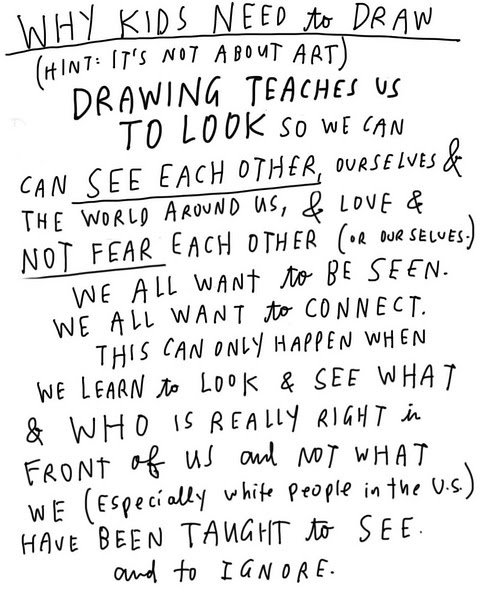Lucky us! 🍀
We have a really nice variety of events coming up in the next couple of months that we're excited to share. From fitness, to mindfulness, to sign language & lots of opportunities for music. Check out the schedule below or click this link to get more detailed information.
MARCH:
3/3 Music with Mega 12:15pm *
3/7 Live Cello in the Playspace*
3/7 First Saturday Expecting Parent Meetups & New Parent Circles with Parentline *
3/7 Intro to EMbody Every Mother 1pm (TWO SPOTS LEFT)
3/9 Little Ladybugs Music with Toby 11:30am *
3/19 Establishing Healthy Eating Habits for your toddler, preschool & whole family 7:30pm
3/20 Intro to Baby Sign Language 10am
6 class Playgroup every Friday runs 3/27 - 5/8
3/21 Japanese Storytime 10am
3/25 CPR for Parents & Caregivers. Infant, Child and Adult CPR + Chokesaving. 7:30pm
SNEAK PEEK into APRIL:
4/5 Drop off Cooking Class for Kids, followed by a family meal. Stay tuned for details 10-12:30
4/13 Intro to Mindfulness for Parents - cultivating, calm & compassion in the face of chaos
5 week series, enroll before 3/23 to get the early bird special!
* = free for members
Live Cello is just one of our Playspace Activities.
When you're a member of Recess, all of the following activities are included in your plan!
Mondays: Coming Soon - Infant Sensory Play
Tuesdays: Music with Mega 1130 (playspace) 1215 (classroom)
Thursdays: Stories and Songs w/Regina 11am
Fridays: Sensory Play 4pm
Select Saturdays: Live Cello 10am & Sensory Play 11-12, New and Expecting Parent Circles
THIS COULD ALL BE YOURS!
When you book a party at Recess, the entire playspace is yours. Invite up to 45 of your closest friends, bring whatever food/drink/decor you'd like, and get ready to enjoy a stress free celebration.
Hop over to the calendar and secure a date.
BUILDING COMMUNITY. New and Expecting Parent Groups - First Saturdays
Creating a network of support is important at every stage of life...but it's particularly crucial for new parents. We invite you to build community through Parent Circles at Recess. You’ll organically meet like-minded parents and begin building your new family’s community, while gaining resources to help support your little one's growth. More info here.
INTRO TO MINDFULNESS FOR PARENTS. You may know Charity Kahn the children's musician and educator. She's also an incredible parent educator and community builder. Recess is teaming up with Charity to bring a five week class, Mindfulness for Parents, to the space on Monday evenings 4/13-5/11. We hope you'll join us in this opportunity for self care, stress reduction and insanely useful skills to ground yourself so that you are able to support your children. More info here
It's just a space without you. What would your family like to see at Recess? Many of you have completed our survey to help shape the future of Recess. If you have not yet, and would like to share your thoughts/desires for our organization, please hop over to the survey!
Would you like to help bring play to families who cannot afford it.
$1, $5 or $10 a month can make a difference in the lives of local children. Click here to donate.
